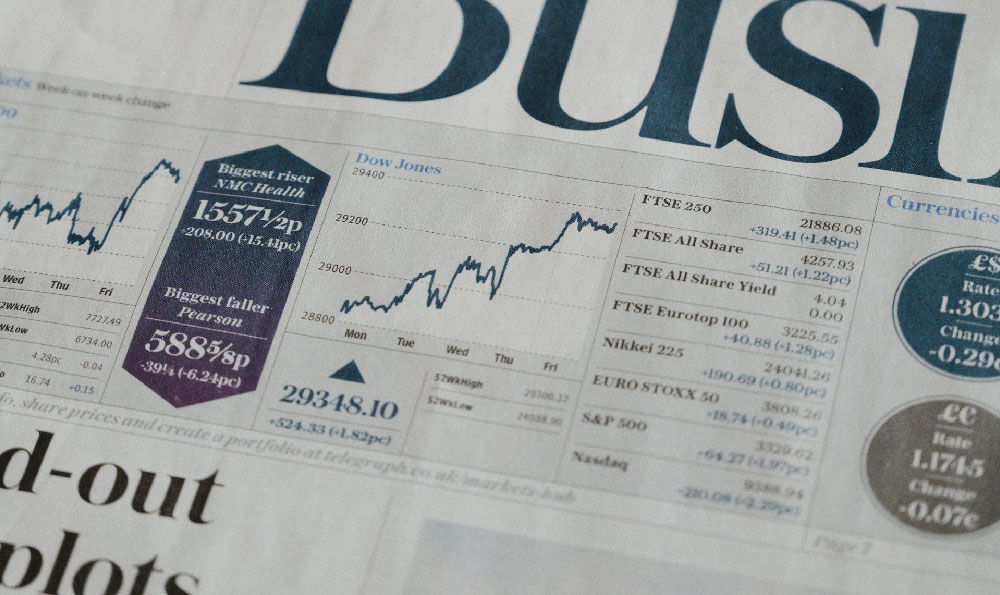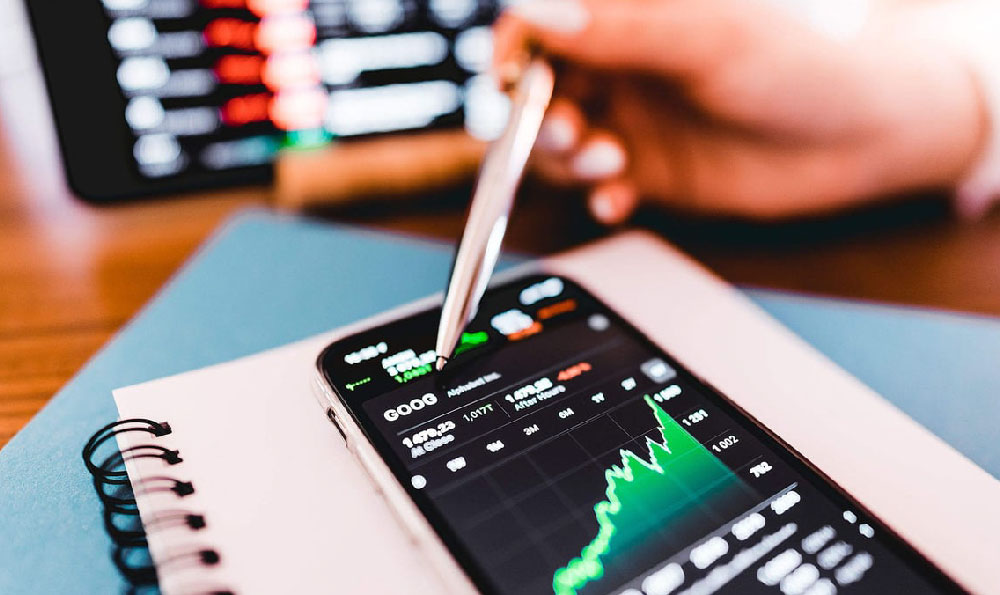
The Olympic Games represent the pinnacle of athletic achievement, a global spectacle showcasing the dedication, discipline, and prowess of athletes from every corner of the world. While the roar of the crowd and the prestige of a medal are undoubtedly powerful motivators, the question of financial reward inevitably arises: Do Olympians get paid? And beyond direct compensation, are there viable avenues for athletes to capitalize on their Olympic experience? The answers are nuanced, varying greatly based on factors like nationality, sport, and performance.
Understanding the Direct Financial Landscape
Direct payments to Olympians are complex and dependent on their country's Olympic Committee (NOC). The United States Olympic & Paralympic Committee (USOPC), for instance, offers "Operation Gold" payments for medal-winning performances. In recent years, this has amounted to approximately $37,500 for gold, $22,500 for silver, and $15,000 for bronze. However, these figures are significantly different across nations. Some countries offer substantially larger bonuses, while others provide little or no financial reward. Smaller nations with fewer resources may focus on providing training facilities and support staff rather than direct cash payments.

Beyond medal bonuses, some NOCs offer stipends to athletes to help cover training costs and living expenses leading up to the Games. These stipends are typically based on performance levels and the likelihood of medal contention. Athletes in sports requiring expensive equipment or extensive travel may receive greater support. It's essential to remember that the vast majority of Olympic athletes are not wealthy individuals. They often rely on a combination of personal savings, family support, sponsorships, and part-time jobs to fund their Olympic dreams.
Leveraging Olympic Success for Financial Gain
While direct payments may be modest, the Olympic Games can open doors to significant financial opportunities through sponsorships, endorsements, and other commercial ventures. An Olympic medal dramatically increases an athlete's visibility and marketability, making them attractive to brands seeking to associate with positive values like dedication, perseverance, and excellence.
Sponsorships and Endorsements: A Golden Opportunity
Sponsorships are arguably the most lucrative avenue for Olympic athletes. Major corporations are eager to partner with successful Olympians, offering financial support in exchange for brand promotion. These endorsements can range from wearing branded apparel and equipment to appearing in advertising campaigns and making public appearances. The value of a sponsorship deal depends on various factors, including the athlete's sport, their marketability, and the overall appeal of their personal story.
Athletes who are articulate, charismatic, and have a compelling backstory are more likely to attract high-value endorsements. The more relatable and inspiring the athlete, the stronger the connection they can forge with consumers, making them a valuable asset to brands. In addition to monetary compensation, sponsorships often provide access to resources like training facilities, coaching, and nutritional support.
Public Speaking and Motivational Engagements
The Olympic Games provide a powerful platform for athletes to share their experiences and inspire others. Many Olympians transition into public speaking roles, delivering motivational speeches to corporations, schools, and community organizations. These engagements can be a significant source of income, as organizations are willing to pay for the unique insights and inspiring stories that Olympians bring to the table.
The ability to articulate the challenges faced, the sacrifices made, and the lessons learned during their Olympic journey makes them compelling speakers. Their experiences resonate with audiences seeking motivation, leadership strategies, and strategies for overcoming adversity.
Authoring Books and Creating Content
The Olympic experience is a rich source of material for books and other forms of content. Many Olympians write autobiographies or self-help books that detail their journey to the Games, the challenges they overcame, and the lessons they learned along the way. These books can generate significant income through royalties and speaking engagements.
Furthermore, the rise of social media has created new opportunities for athletes to connect with fans and monetize their personal brand. Olympians can leverage platforms like Instagram, YouTube, and TikTok to share training videos, behind-the-scenes glimpses of their lives, and sponsored content. Building a strong online presence allows them to engage directly with their fanbase, fostering a loyal following that can be monetized through various avenues.
Building a Business: Leveraging Olympic Recognition
The recognition gained from the Olympics can be a springboard for entrepreneurial ventures. Some athletes launch their own businesses related to their sport, such as training facilities, coaching services, or sports equipment companies. Others leverage their platform to promote causes they are passionate about, such as environmental sustainability or youth empowerment.
The Olympic Games provide a powerful brand association, lending credibility and trust to any business venture associated with the athlete. This recognition can be a significant advantage in attracting customers and investors.
Navigating the Challenges: Protecting Your Financial Future
While the Olympic Games can open doors to financial opportunities, it's essential for athletes to approach these ventures with caution and seek professional guidance. Financial planning, legal advice, and marketing expertise are crucial for maximizing income and protecting assets.
Financial Planning and Investment Strategies
Athletes should work with financial advisors to develop a sound investment strategy that aligns with their long-term goals. Given the relatively short window of peak earning potential for many athletes, it's crucial to manage income wisely and plan for the future. Diversifying investments and avoiding high-risk ventures are essential strategies for protecting wealth.
Legal Advice and Contract Review
Before signing any sponsorship agreements or business contracts, athletes should seek legal advice to ensure they understand the terms and conditions. A lawyer can help negotiate favorable terms and protect their rights.
Marketing and Brand Management
Building and managing a personal brand is crucial for maximizing opportunities. Athletes should work with marketing professionals to develop a cohesive brand strategy that reflects their values and appeals to their target audience. This includes creating a professional website, managing social media presence, and developing a compelling personal story.
In conclusion, while direct payments to Olympians may be modest, the Games offer a powerful platform for financial gain through sponsorships, endorsements, speaking engagements, and entrepreneurial ventures. However, navigating these opportunities requires careful planning, professional guidance, and a strong understanding of the financial landscape. By leveraging their Olympic success wisely, athletes can build a secure financial future and continue to inspire others long after the Games have ended. The key is to treat the Olympic experience as a catalyst for long-term success, rather than a fleeting moment of glory.





